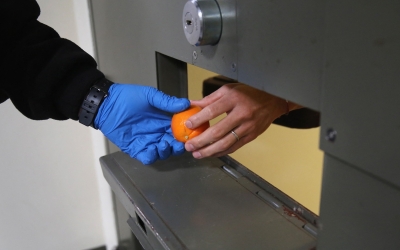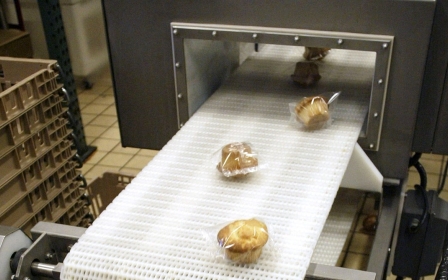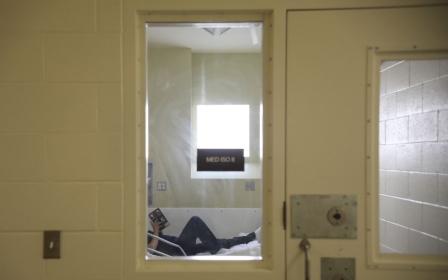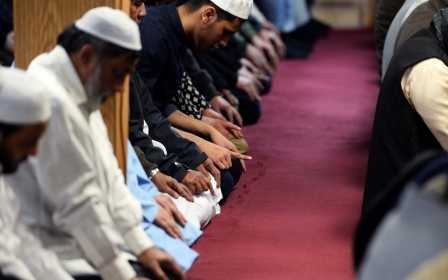US Muslim inmate wins second chance in religious freedom lawsuit against jail

A US federal court has partly undone a decision made against a Muslim inmate, ruling that a Virginia jail must defend its practice of broadcasting Christian services on every television screen on Sundays, which the inmate argues is a violation of the Constitution's freedom of religion clause.
The US Court of Appeals for the Fourth Circuit stated the case should return back to the district court for reconsideration.
The court cited the allegation of the inmate, who said that prisoners have no way of avoiding the broadcasts in every common area other than retreating to their cells, which he said "felt like an ultimatum: Be Christian or be penalized".
"Prisons are required to provide religious accommodations; the question here is when those accommodations go too far and when they do not go far enough," the decision said.
The appeals court's decision comes as a result of a 2017 lawsuit filed by David Nighthorse Firewalker-Fields, a Muslim former inmate at the Middle River Regional Jail who claims the weekly broadcasts unconstitutionally favoured Christianity. Firewalker-Fields spent three months at the jail.
New MEE newsletter: Jerusalem Dispatch
Sign up to get the latest insights and analysis on Israel-Palestine, alongside Turkey Unpacked and other MEE newsletters
In the lawsuit, Firewalker-Fields argued that while the jail had offered Sunday services, it did not offer a Friday prayer service for Muslim inmates. He said he wanted to be transferred to the Virginia Department of Corrections, where inmate-led group prayer was allowed for Muslims.
The jail argued that the lack of Muslim services was the result of a lack of donations, given that all religious classes and services are based on donations and volunteers.
The jail added that it offers Muslim inmates a number of accommodations, including access to religious texts, "special mealtimes during Ramadan and a pork-free diet all year round".
The district court ruled in favour of the jail, and the inmate filed an appeal.
In the appeals court's ruling, Judge Julius Richardson, writing for the court, said the lawsuit offered "an array of historical sources" to back up the claim that the broadcasts throughout the jail violated the First Amendment's establishment clause, which generally bans the government from prioritising one religion.
However, Richardson said that "many questions remain" and that the question of whether the broadcast services violate the First Amendment should be answered by the lower court.
The court also rejected a separate challenge by the inmate, who argued that the jail should allow inmate-led Friday group prayer for Muslims.
The ability of Muslim inmates to exercise their faith has been a prevailing issue in US jails across the country.
In 2019, following a legal battle originating from a prison in Kentucky, the Federal Bureau of Prisons changed its national guidelines to recommend the accommodation of group prayers.
Between 2017 and 2019, 16 religious freedom cases related to Muslim inmates were filed in federal court. More than 60 of those were about dietary needs, and another 34 were linked specifically to violations during the holy month of Ramadan.
Last April, a jail in the state of Georgia announced it would accommodate Muslim inmates during Ramadan, including providing them with adequate, timely meals and notifying them of the five daily prayer times.
Middle East Eye delivers independent and unrivalled coverage and analysis of the Middle East, North Africa and beyond. To learn more about republishing this content and the associated fees, please fill out this form. More about MEE can be found here.





